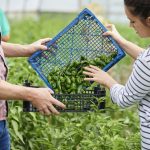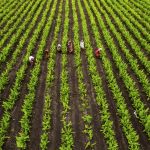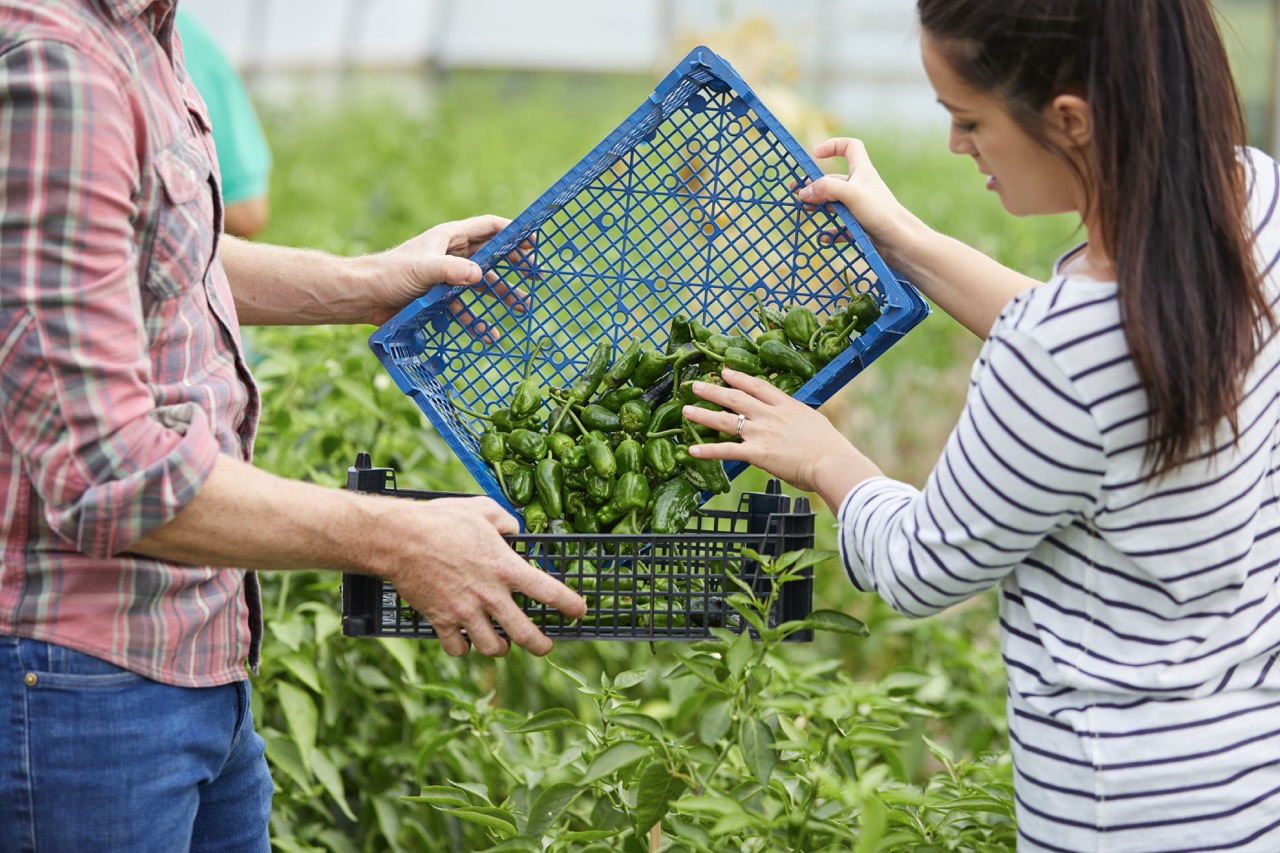Water is an essential resource in agriculture, underpinning the production of food, fiber, and other crops that sustain human life. As the world’s population continues to grow, so does the demand for agricultural output, placing immense pressure on already strained water resources. Sustainable water management is not merely a choice but a necessity in ensuring food security, protecting ecosystems, and promoting economic stability within the agricultural sector. This article explores the critical need for effective water management in agriculture, the challenges posed by climate change, innovative practices that can enhance sustainability, and the imperative for collective action moving forward.
Understanding the Critical Need for Water in Agriculture
Agriculture is the largest consumer of freshwater resources worldwide, accounting for about 70% of total water withdrawals. The fact that water is a finite resource makes it vital to use it wisely and sustainably. Irrigation practices, such as drip irrigation or sprinkler systems, can significantly enhance water efficiency, ensuring that crops receive adequate moisture without exacerbating water scarcity. Furthermore, water is crucial not only for crop production but also for livestock, making its management pivotal for overall agricultural viability.
The relationship between water availability and agricultural productivity is intricate. Insufficient water can lead to reduced crop yields, affecting food supply chains and pushing prices higher. Conversely, excessive irrigation can result in waterlogging, salinization, and long-term soil degradation, ultimately undermining agricultural productivity. Therefore, understanding local water cycles, soil moisture levels, and seasonal rainfall patterns is critical for farmers. Proper water management strategies are essential to balance agricultural needs with environmental considerations.
Moreover, sustainable water management in agriculture supports biodiversity and helps maintain vital ecosystems. Wetlands, rivers, and aquifers are all part of the intricate network that supports agricultural landscapes. Protecting these resources through sustainable practices ensures that agriculture can coexist with natural habitats, preserving biodiversity and ecosystem services that are essential for long-term agricultural resilience.
The Impact of Climate Change on Water Resources
Climate change poses a significant threat to global water resources, exacerbating existing challenges in agricultural water management. Altered precipitation patterns, increased evaporation rates, and more frequent extreme weather events result in greater unpredictability regarding water availability. Regions that once had reliable water sources may face droughts, while others may experience flooding, complicating the agricultural landscape. These changes necessitate a re-evaluation of current water management practices and policies.
Research indicates that climate change can directly impact crop yields and the availability of freshwater. For instance, prolonged droughts can lead to water scarcity, hindering irrigation efforts and reducing crop productivity. In contrast, excessive rainfall may result in runoff and soil erosion, diminishing soil quality and farming viability. As such, farmers are increasingly required to adapt their practices to cope with these shifting climate conditions, a process that necessitates innovative solutions and collaborative efforts.
The consequences of climate change on water resources are not uniform across regions, leading to disparities in access and availability. Developing countries, in particular, are often the hardest hit, grappling with limited infrastructure and resources to adapt to these changes. It is essential to incorporate climate change projections into water management strategies to ensure equitable access to water and to bolster resilience in the agricultural sector.
Innovative Practices for Sustainable Water Use
To mitigate the impacts of water scarcity and climate change, innovative practices for sustainable water management in agriculture are emerging globally. Techniques such as rainwater harvesting, which captures and stores rainwater for later use, can significantly enhance water availability for irrigation. Furthermore, the adoption of precision agriculture technologies allows farmers to monitor soil moisture levels and apply water only when necessary, optimizing water use and reducing waste.
Another promising approach is the use of cover crops and conservation tillage, which improve soil health and enhance its capacity to retain water. By reducing soil compaction and increasing organic matter content, these practices can lead to improved water infiltration and reduced runoff. As a result, fewer inputs are required for irrigation, saving both water and costs for farmers while promoting sustainable land management.
Additionally, public-private partnerships and investments in infrastructure can play a crucial role in advancing sustainable water management practices. By fostering collaboration among stakeholders, including government agencies, local communities, and agricultural enterprises, it becomes possible to develop comprehensive water management strategies that address regional needs while leveraging technology and scientific advancements for greater efficiency.
Future Prospects: A Call for Action in Agriculture
Looking ahead, the call for action in sustainable water management within agriculture has never been more urgent. Policymakers, researchers, and agricultural stakeholders must collaborate to develop frameworks and guidelines that prioritize efficient water use and equitable access. A concerted effort is needed to invest in education and training programs for farmers, ensuring they are equipped with the knowledge and skills to implement sustainable practices effectively.
Moreover, integrating water management into broader agricultural policies will facilitate the transition towards sustainability. This includes enhancing regulatory measures that promote conservation and incentivize the adoption of innovative technologies. As climate change continues to pose challenges, building resilience within agricultural systems will require a proactive approach to water management that anticipates future fluctuations in water availability.
Finally, consumer awareness and engagement play a vital role in promoting sustainable practices in agriculture. By supporting products and companies that prioritize responsible water use, individuals can contribute to a more sustainable food system. As stakeholders at all levels recognize the critical importance of sustainable water management, the agricultural sector can move towards a more resilient and sustainable future.
The importance of sustainable water management in agriculture cannot be overstated. As the pressures of climate change and population growth continue to mount, innovative practices and collaborative efforts will be essential to ensuring the availability of water for agricultural needs. By prioritizing sustainability in water management, we can protect our natural resources, promote food security, and build resilient agricultural systems that can thrive in the face of adversity. The time for action is now, and it is imperative that we work together to forge a sustainable path forward.








